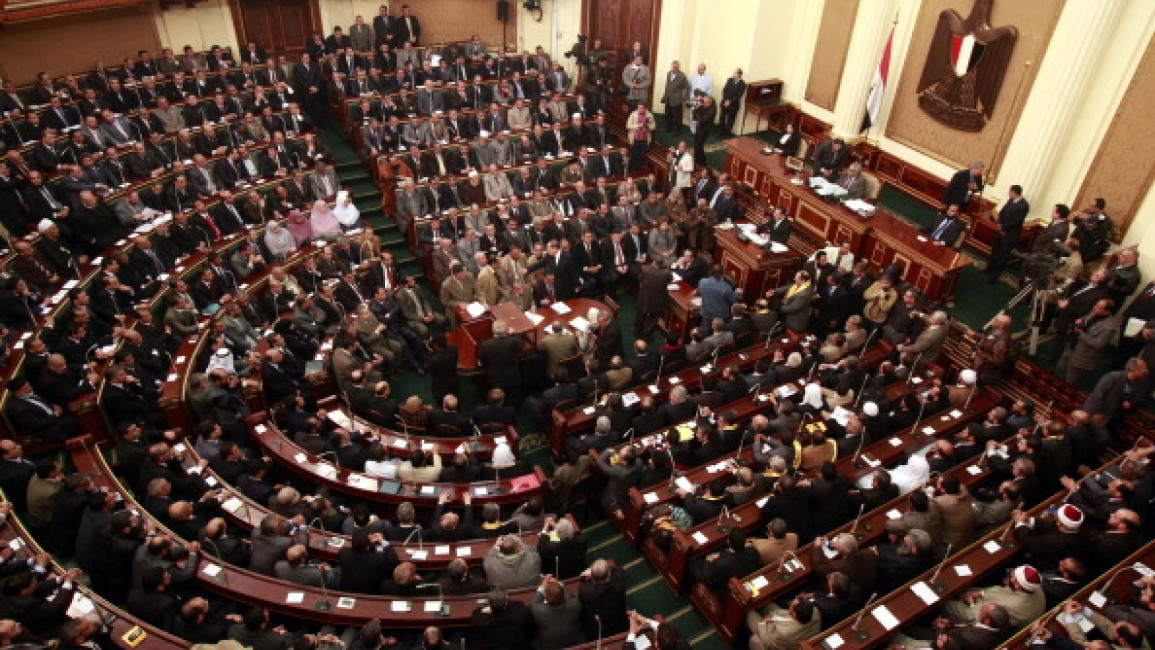Egypt's parliament to tighten laws against releasing army-related data
CAIRO: Egypt's parliament on Sunday passed initial approval to toughen the legal penalties against anyone who releases military-related data without the defence ministry's prior written consent.
Anyone releasing military data without permission will face no less than six months in prison and up to five years in jail, local reports said.
They will also face fines of up to 50,000 Egyptian pounds ($3,000).
The proposed amendments will penalise anyone who acquires by "any illegal means" a state defence secret or "utilises a means of communication to acquire, release or submit a state defence secret".
The suggested legislation further holds accountable any person or organisation that conducts research, surveys, gathers information, or issues statistics on the armed forces, its operations, or current or former officers without the prior written approval from the ministry of defence.
MPs are divided over the issue. Some believe the proposed amendments will protect the country from "external and internal threats", but others think it will further restrict the media and researchers.
"The amendments act like a message to whoever thinks [s/he] can penetrate our internal front…there is an army…capable of confronting such crimes, and…national security cannot be manipulated," MP Ahmed Maklad said during the parliamentary session.
Another MP named Mohamed Abdel-Aleem, rejected the law, believing that the amendments "restrict journalists and researchers from doing their job".
The parliament's final consent of the law amendments is expected later this week.
The press has faced multiple restrictions in Egypt. Last year, the Supreme Council for Media Regulation, an independent entity - yet loyal to the regime - banned media outlets and social media users from reporting on sensitive political and economics topics, a decision described by free speech advocates as part of the ongoing assault on press freedom in the country.



